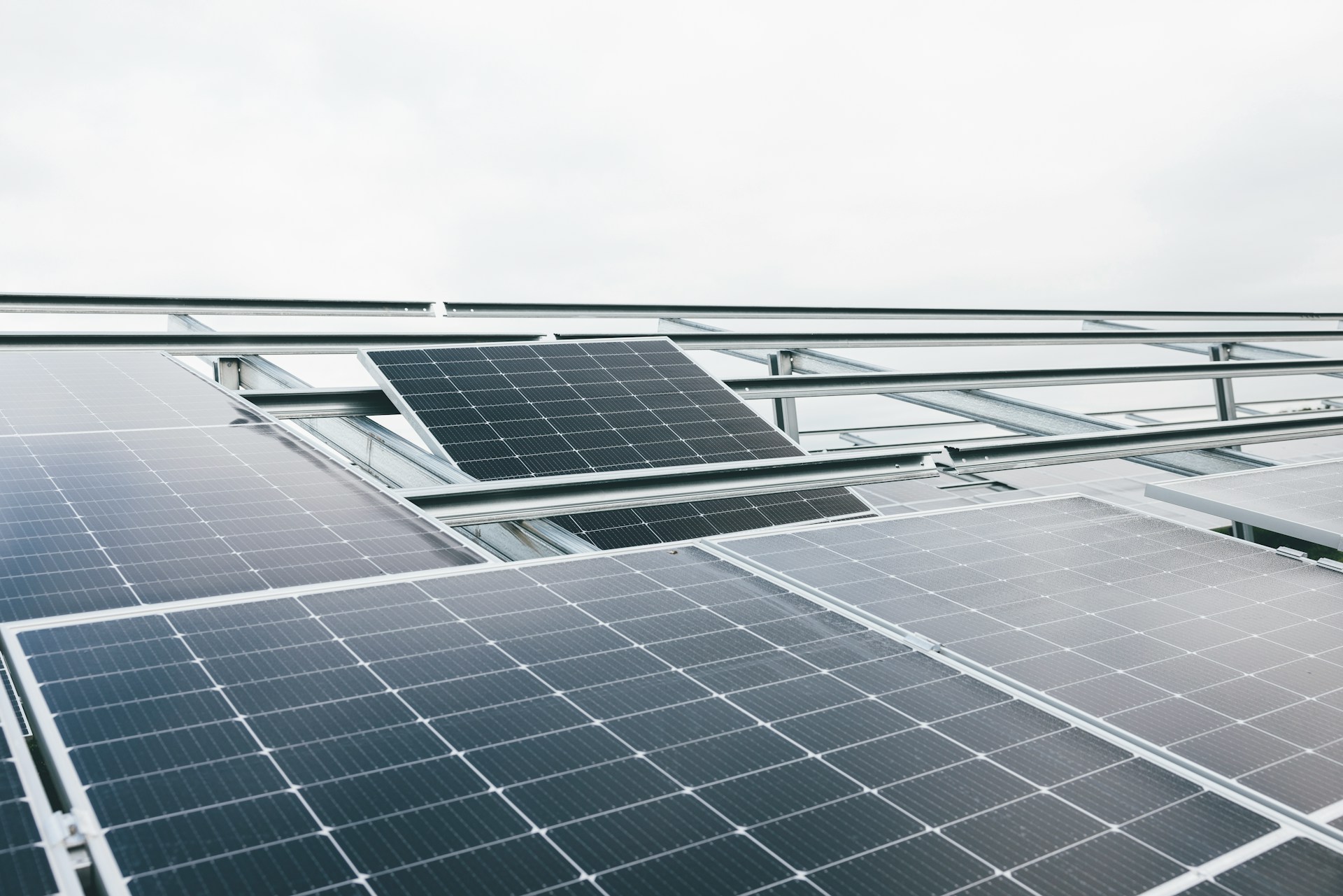Are you considering installing a solar system for your commercial property? With growing interest in renewable energy, businesses increasingly turn to solar solutions to meet energy needs. Solar systems provide a reliable source of energy and offer numerous advantages that make them a wise investment. Understanding how to properly plan and execute a commercial solar installation can help harness these benefits effectively.
Choosing to install a solar system involves more than just deciding on a provider. Proper planning and execution ensure that the installation process proceeds smoothly and efficiently. Engaging a professional to manage the installation process can make a significant difference in the performance and longevity of your solar system. This approach not only ensures that your business enjoys a steady supply of sustainable energy but also fosters a greater commitment to eco-friendly practices.
Planning Your Installation
To kick off the installation process on the right foot, start with a solid plan. Site assessment is the first and critical step. Assess the roof or ground space available for solar panels, considering both current use and potential obstacles like shading from trees or buildings. This evaluation will help determine the appropriate type and size of the solar system needed for your business.
Next up is budget planning. A thorough review of financial considerations allows you to explore available incentives or tax credits, which can offset initial costs. By setting a realistic budget upfront, you gain a clearer picture of the financial commitment involved and any return on investment your business might expect.
Equally important is obtaining the necessary permits and ensuring you comply with local building codes. Navigating the permitting process requires understanding local regulations to avoid delays. Engaging with local authorities early can smooth this path. Here are some key steps to follow:
– Conduct a detailed site evaluation to determine the best location for panels.
– Establish a budget that accounts for incentives and financial benefits.
– Consult with local authorities to secure required permits.
– Coordinate with a professional installer to ensure adherence to building codes.
Planning thoroughly at the outset avoids unnecessary complications later and sets the stage for a smooth installation process, ensuring your commercial solar system is structured for success from day one.
Choosing the Right System
Deciding on the correct solar system for your commercial property takes careful thought. There are a variety of solar systems available, each with its strengths. From monocrystalline to polycrystalline solar panels, choosing the right one depends largely on the physical space, your budget, and energy efficiency goals you have in mind.
When selecting a system, consider these factors to make a well-informed decision:
1. Size Requirements: Assess the energy needs of your business. Larger operations might need more extensive systems to sustain daily activities.
2. Efficiency Levels: Depending on your location and business activities, select panels that offer optimal efficiency for energy harvesting.
3. Cost Considerations: Balance initial outlays with long-term savings. Consider upfront costs, but also look at potential savings on utility bills.
Working with a knowledgeable installer simplifies this process. Professionals can offer valuable insights, ensuring your solar system aligns with both your budget and operational needs.
Installation Process
The actual installation of solar panels involves several steps that require attention and coordination. Knowing what to expect helps ensure everything progresses smoothly. Preparation is the key here. It begins with arranging the necessary components and equipment and coordinating teams for site setup.
Once prep is complete, the installation itself involves mounting the panels securely and connecting them to your commercial property’s electrical system. Proper installation impacts system performance, so hiring skilled installers is crucial. After setup, a thorough inspection ensures everything operates as it should, checking that all components are wired correctly and safely.
Despite careful planning, challenges can arise during installation. Weather delays, unexpected structural issues, and unforeseen electrical complications can sometimes disrupt timelines. Thankfully, experienced installers are skilled at handling these hurdles efficiently, minimizing impacts on your operations.
Post-Installation Care
After installation, ongoing care is vital to keep your solar system performing at its best. Regular maintenance can help your system stay efficient and extend its lifespan. Simple tasks like keeping panels clean and checking for any debris buildup ensure uninterrupted solar energy production.
Professional maintenance checks are also recommended. They allow experts to spot potential issues early, whether it’s a loose connection or a panel misalignment. Addressing these promptly avoids performance dips and safeguards your investment. Regularly monitoring your system’s performance can also alert you to any efficiency drops, helping maintain your system’s reliability.
Taking the Next Step with Solar Power
Commercial solar systems present a remarkable opportunity for businesses to step into a future of clean, sustainable energy. Reduced overhead costs and commitment to environmentally friendly practices enhance both financial stability and brand reputation. Solar energy isn’t just a trend; it’s a tangible solution for modern businesses looking to reduce their carbon footprint and energy costs.
Embracing solar power can transform how you manage your energy needs, leaving a lasting positive impact on both your bottom line and the planet. Engage with professional installers to outline best practices and finalize plans tailored to your business’s unique requirements. The path to sustainability and efficiency starts with informed decisions and expert guidance.
Ready to optimize your commercial property’s energy efficiency while keeping its roof in top shape? James Kate Roofing & Sola provides expert guidance on integrating solar solutions without compromising your building’s integrity. For professional care and insights on maintaining a sustainable and durable roof, explore our services for commercial roof repairs. Transition smoothly to a greener future with confidence and expert support.

